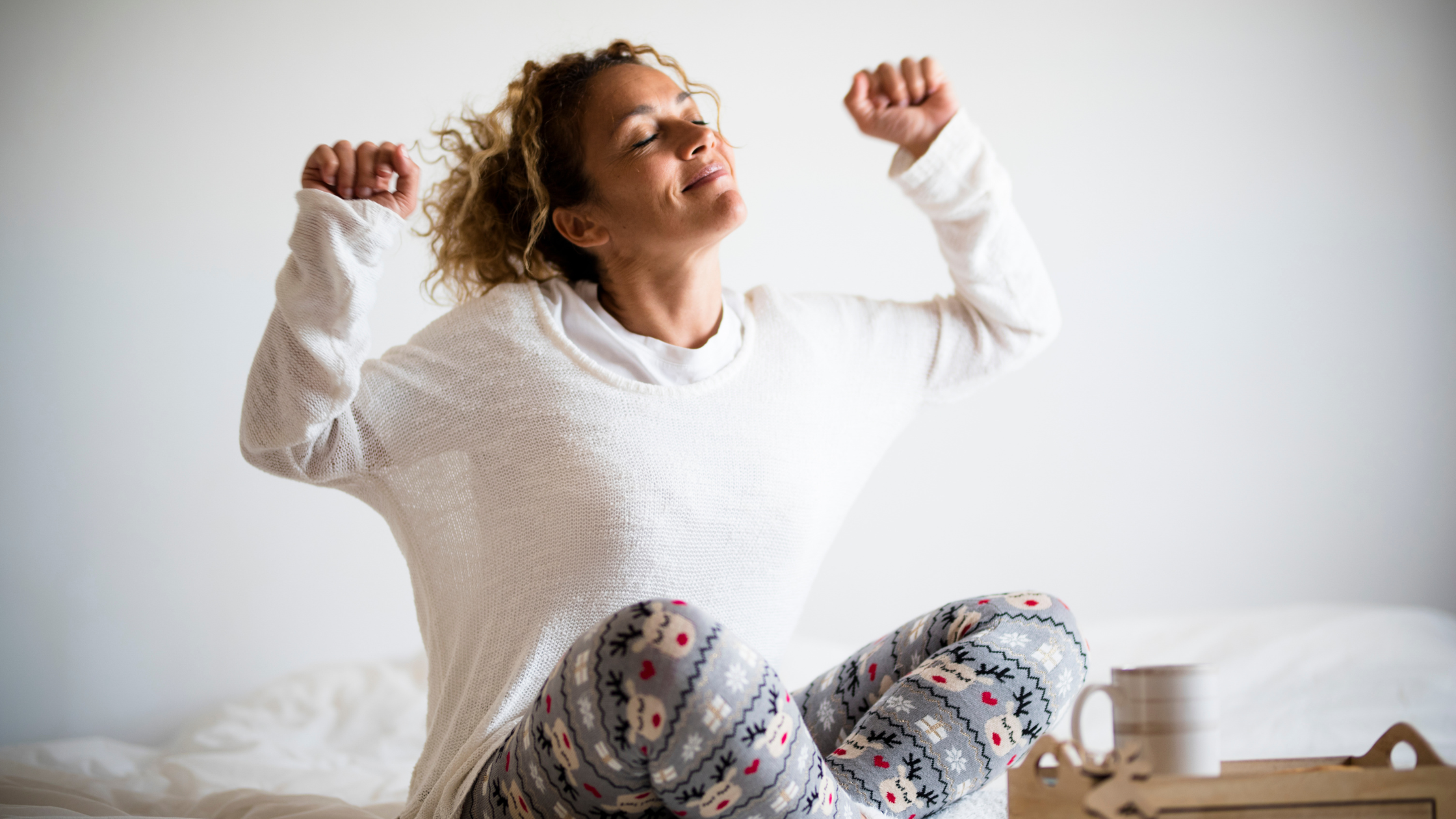
The schedule of most obligations - work, school, kids, etc. - is not conducive towards those who enjoy sleeping in. Therefore, you may be motivated to turn yourself into a morning bird. You may have also heard that it's impossible to flip your chronotype, you are what you are. This may not be entirely true. Although your body has specific times that it likes to got to sleep and wake up, there are adjustments that you can make to help your body get accustomed to an earlier time. Continue reading to learn tips for how to turn yourself into a morning bird.
What are chronotypes?
Chronotypes determine your sleep-wake cycle. Does yours shift earlier - so you get up earlier and go to sleep earlier - or is it shifted later - so you go to sleep alter, and wake up later in the morning? The former is known as a morning bird, and the latter is known as a night owl.
About 20% of people fall into each category, and the remaining 60% do not have a strong preference either way. Genetics do play a part in how chronotypes are developed. If your mom is a morning bird, then more than likely you will be too. However, lifestyle factors also play a role in people's preference for morning or night.
There is a chronotype quiz that you can take that determines which category you fall into.
Circadian rhythms influence one's chronotype. This is your internal sleep-wake cycle. It is primarily driven by light, but can also be influenced by hormones. This is why little kids prefer to get up earlier, and adolescents/teens prefer to sleep in.
Benefits of being a morning person
The major benefit of being a morning person is that your natural schedule lines up with most school and work schedules. This can make the adjustment a bit easier when you are expected to be somewhere early. Those who prefer to sleep in may constantly be sleep deprived because they were unable to go to sleep until late, but where still required to get up early.
Those who are extreme evening types are more susceptible to developing insomnia, which can come with mood disorders, symptoms of depression, and eating disorders.
The link between chronotype and overall functioning is complex. There are many factors that influence and individual's personality and health. This relationship may be bidirectional, which means that one's chronotype could affect their mental health, or their mental health could influence the development of their chronotype, for example.
How to become a morning person
Although there are many factors that play a role into what chronotype you are, there are some things that you can do to help shift your chronotype towards the morning.
Create a consistent night schedule that gets you into bed at an earlier time. It's hard to wake up early if you constantly go to sleep late. Therefore, you need a bedtime that allows you to get enough sleep that you follow everyday.
One thing that can help you get a consistently good sleep is to have a relaxing nighttime routine. Our bodies are not made to go from 180 to 0. There needs to be a buffer between the end of our day, and bedtime. Activities like taking a shower, reading a book, stretching, and spending time with loved ones are all calming activities that can help get you prepared for bed. Avoid using electronic devices as the blue light from the screen can interfere with melatonin production. Melatonin is vital for helping your body transition to sleep.
As you are creating a bedtime routine, gradually go to sleep earlier. If you are used to going to bed at midnight, it's going to be hard to suddenly switch and go to bed at eight pm. Therefore, you need to take 15-minute increments and work your way backwards until you hit your goal bedtime.
Your mornings are important for becoming a morning person as well. It's hard to wake up in a dark room. Try to expose yourself to natural light as soon as possible. When light directly hits your eyes, it stimulates the release of cortisol, which is responsible for jumpstarting the rest of the metabolic processes that are necessary for the day. Also create a positive morning routine as well. Constantly hitting snooze, or lying in the bed scrolling on your phone are going to make it very hard for your body to get used to its new wake time. Do something slightly invigorating and energizing to get you started for the day.
There are some behavioral things you can do to help get you to sleep at night. One of these things is to consistently exercise. Exercise can promote sleep and help you sleep throughout the night so you're mornings are less painful. You should also limit caffeine use to early in the day, and avoid eating large meals at least two hours before bed. This is vital for ensuring you have very little interruption to your sleep, either due to the stimulatory nature of caffeine, or the discomfort of digestion so close to bedtime.
If you need a little extra incentive, consider rewarding yourself each morning you get up early. That can give you a little something extra to look forward to in the mornings.
If you want more assistance with changing your sleeping schedule, or addressing an underlying sleep disorder, then please click the orange button below to take a free online sleep test and talk with one of our sleep health professionals.
https://thesleepdoctor.com/sleep-faqs/how-to-become-a-morning-person/

